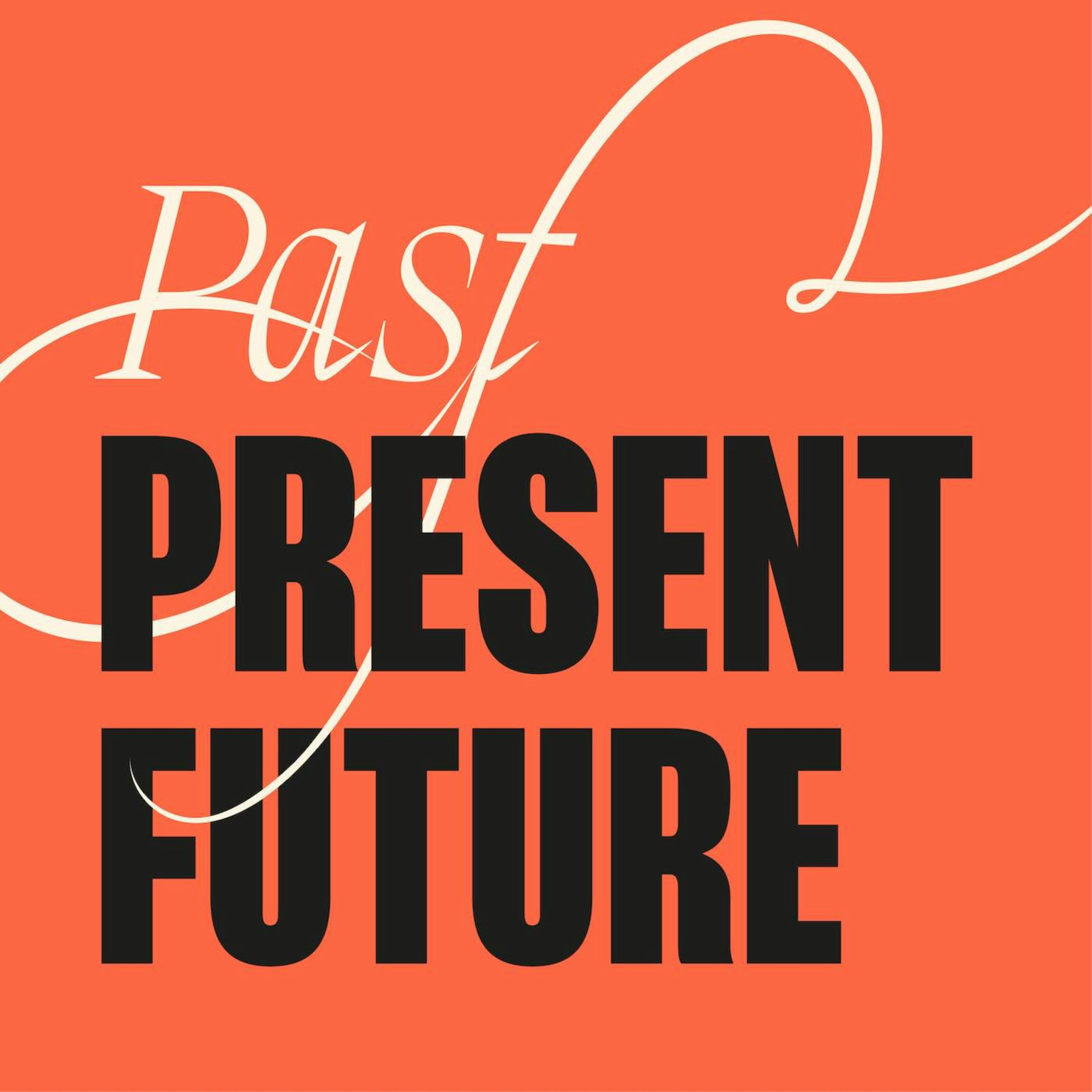

Past Present Future
David Runciman
Past Present Future is a bi-weekly History of Ideas podcast with David Runciman, host and creator of Talking Politics, exploring the history of ideas from politics to philosophy, culture to technology. David talks to historians, novelists, scientists and many others about where the most interesting ideas come from, what they mean, and why they matter.Ideas from the past, questions about the present, shaping the future.New episodes every Wednesday and Sunday.
Episodes
Mentioned books

Jan 18, 2024 • 50min
Rory Stewart: What Does it Mean to be a 21st-Century Tory?
In this podcast, Rory Stewart discusses what it means to be a Tory in the twenty-first century. He explores the history of political ideas and how they have shaped contemporary British democracy. The speakers also delve into topics such as the differences between the Tory and Labour parties, the role of institutions in safeguarding society, the benefits of decentralization and local empowerment, and the oddness of the political party system. They conclude with a discussion on the upcoming election and the hope for new ideas in AI and healthcare.

Jan 11, 2024 • 1h 1min
The End of the UK?
David talks to political scientist Mike Kenny about the unusual political arrangement of the UK. They discuss how it has held together through war, economic decline, Brexit, and Covid. They explore the motivations behind the Anglo-Scottish Union, the impact of referendums on UK unity, the role of COVID-19, the scenarios of the UK general election, the future of the UK compared to the US, and the likelihood of a constitutional crisis in Northern Ireland.

Jan 5, 2024 • 54min
History of Ideas 12: Ta-Nehisi Coates
Ta-Nehisi Coates explores the case for reparations in his essay, focusing on the systemic financial exploitation of black Americans. The podcast discusses racial politics in a courtroom, the exploitation of a black church, white flight and economic factors of racial segregation, and the argument for reparations. It also highlights the connection between a movie and Coates's essay, and the concept of resistance against exploitation.

5 snips
Jan 4, 2024 • 50min
History of Ideas 11: Umberto Eco
Discover Umberto Eco's analysis of Wikileaks and the concept of scandal. Explore the challenges of maintaining secrecy in the digital age and the power of shaping information. Learn about the relationship between Julian Assange and Andrew O'Hagan and the significance of Wikileaks in exposing hidden information.

Jan 3, 2024 • 55min
History of Ideas 10: David Foster Wallace
In this episode, American writer David Foster Wallace discusses his experiences following John McCain's campaign for the Republican presidential nomination in 2000. The podcast explores McCain's distinctive political style and its implications for American democracy. It also highlights the role of technology in Donald Trump's successful 2016 campaign and delves into Wallace's contrasting views on McCain and Trump's authenticity. The episode concludes by discussing the parallels between Trump's rise to power and the narrative described by Wallace, including themes of populism, technological shifts, and media coverage.

Jan 2, 2024 • 53min
History of Ideas 9: Joan Didion
American essayist and novelist, Joan Didion, discusses her haunting and impressionistic writing style in her essay 'The White Album'. She explores the fracturing of America in the late 1960s, touching on topics such as Jim Morrison, the Manson murders, and the search for meaning in senseless acts of violence. Didion's ability to capture the divide between conventional and counterculture is highlighted, as well as her own struggle for coherence while maintaining a domestic life. The desire for ignorance in the face of significant events is contrasted with the ongoing crises of the world. Didion's journey with multiple sclerosis and her use of writing as an outlet to make sense of her experiences are also discussed.

17 snips
Jan 1, 2024 • 56min
History of Ideas 8: Susan Sontag
Guest Susan Sontag, writer and critic, discusses her opposition to interpretation in art and criticism. The podcast explores how her argument can be applied to contemporary politics and the appeal of Donald Trump. It also touches on Sontag's influences, her transition from essayist to fiction writer, and the significance of knowing when to cease discussions.

5 snips
Dec 31, 2023 • 51min
History of Ideas 7: James Baldwin
James Baldwin, an influential American writer, discusses his essay 'Notes of a Native Son' which combines autobiography with a critique of America's racial politics. The podcast explores Baldwin's relationship with his father, the clash between North and South during war, the racial dynamics of World War II, and Baldwin's reflections on anger and white power.

Dec 30, 2023 • 53min
History of Ideas 6: Simone Weil
Explore the radical ideas of Simone Weil, a French philosopher who rejected democracy, rights, personal identity, and scientific progress. Learn about her critiques of institutions, the concept of rights, and the distinction between living in a world of rights versus justice. Discover her insights on the horror of factory work, the recognition of suffering, and the paradoxes of modernity and cruelty.

8 snips
Dec 29, 2023 • 53min
History of Ideas 5: George Orwell
George Orwell, author and political commentator, discusses the English resistance to fascism and the distinctive characteristics of English nationalism. He analyzes the presence and perception of the army in England, makes predictions and assumptions about the post-war era, and reflects on English politics, double standards, and hypocrisy.


